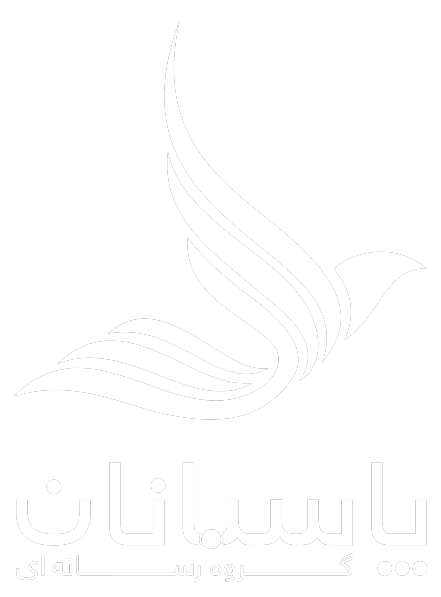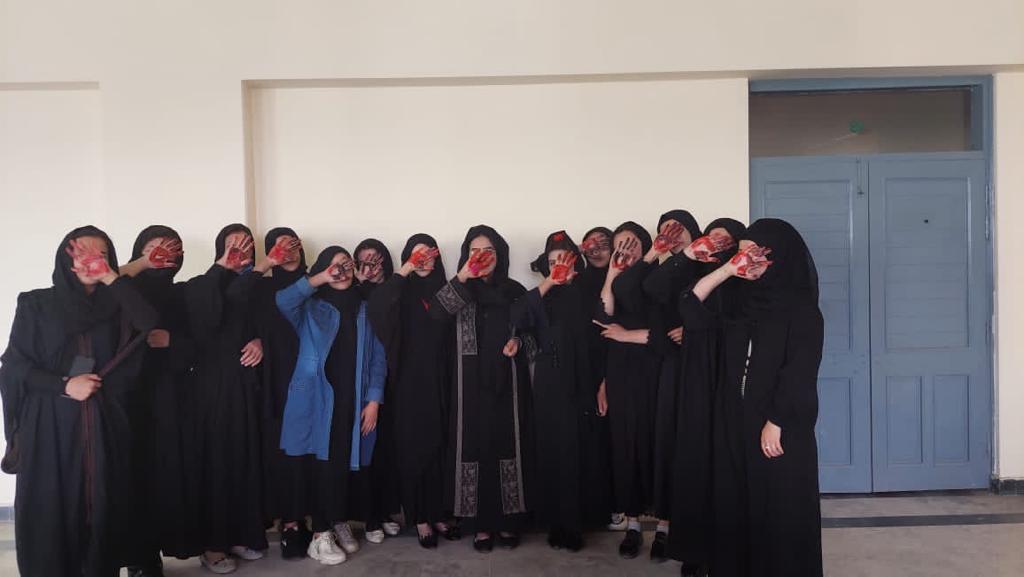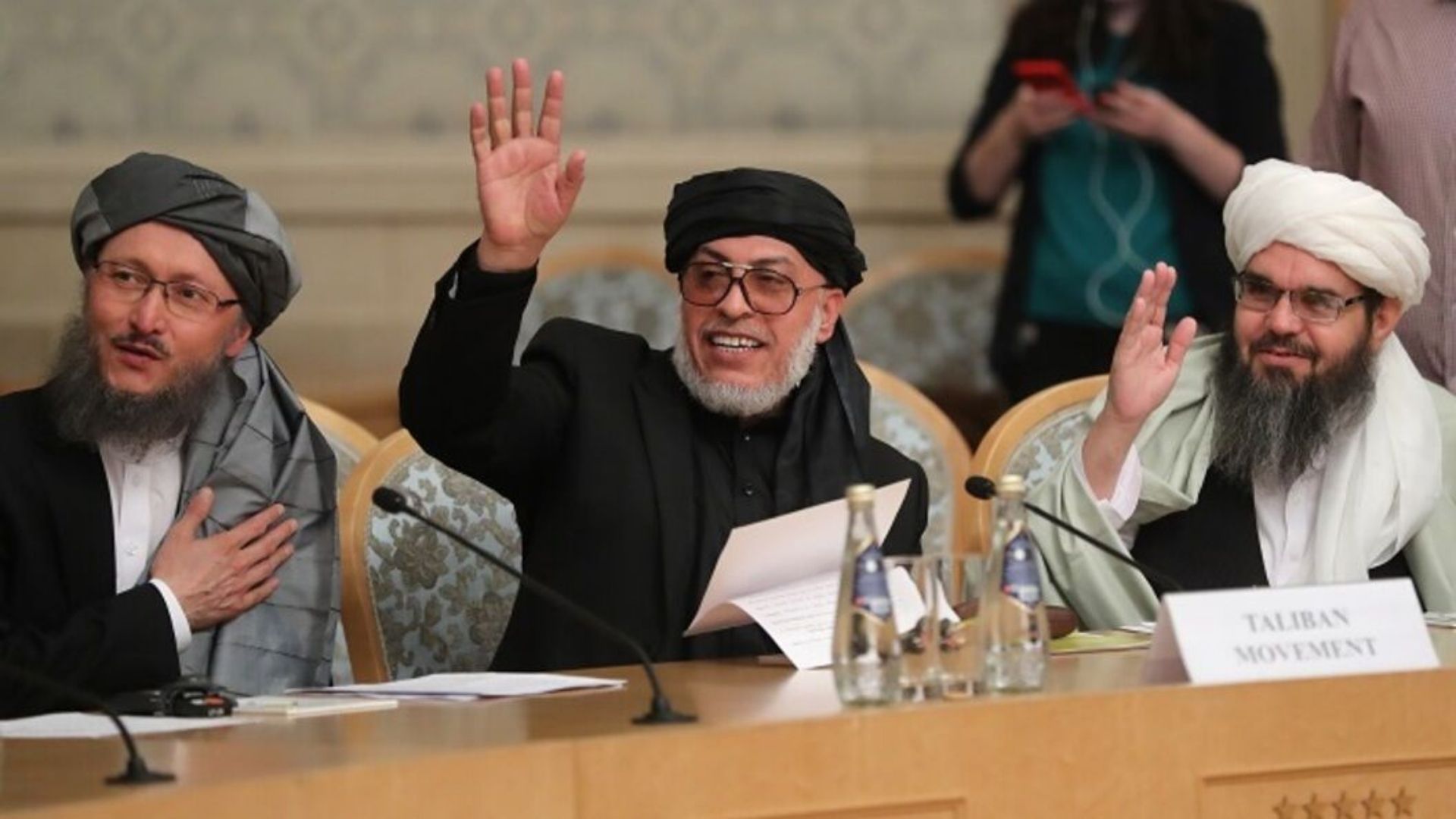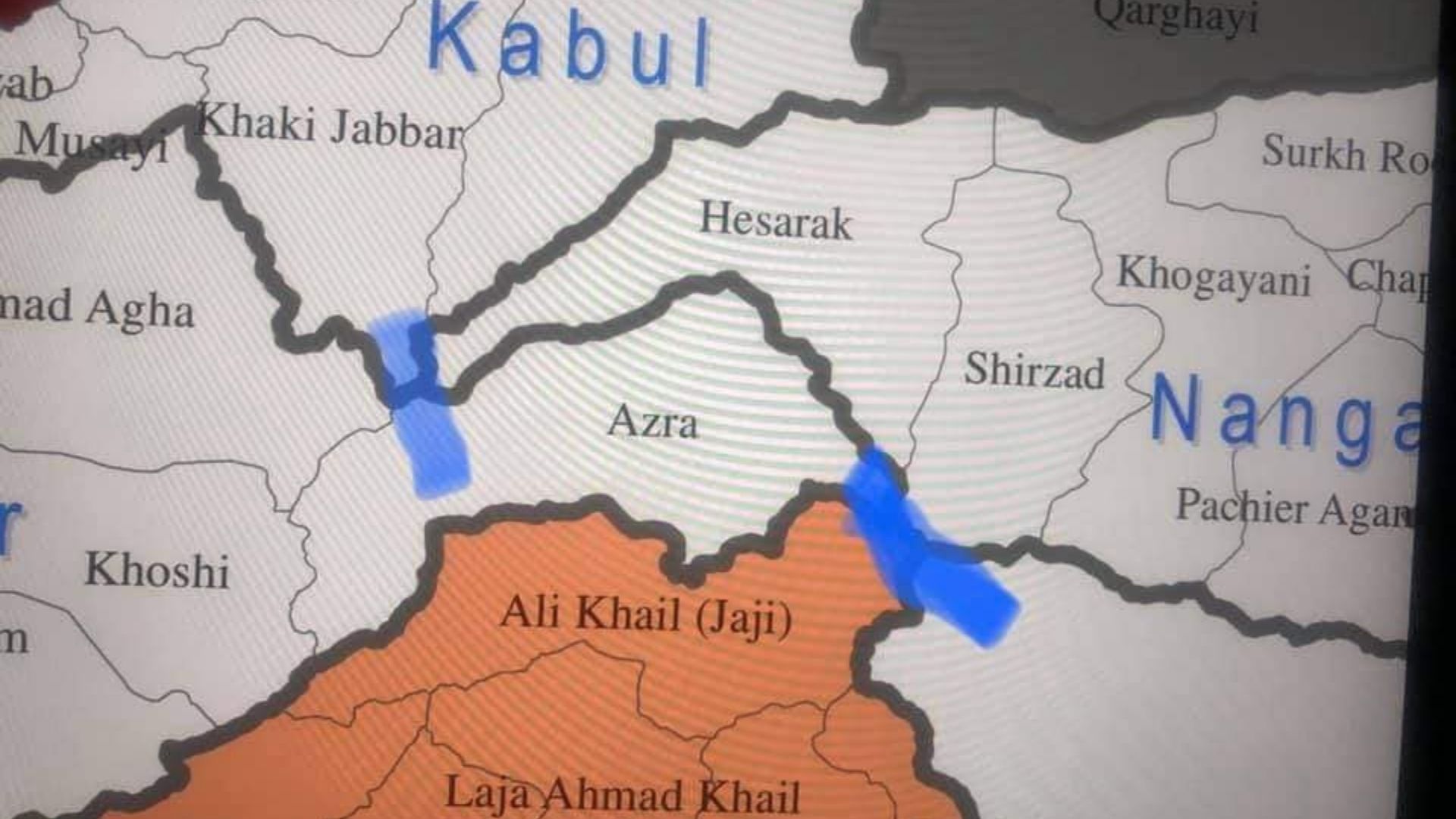What do you know about Dubai?
Most major capitals and cities have direct flights to Dubai.
More than 80 airlines fly to and from Dubai International Airport, making it one of the busiest airports in the world.

Dubai is the first most expensive city in the region and the twentieth most expensive city in the world.
With 149 skyscrapers, Dubai is the third-largest city in the world in terms of structures and tall buildings.
Dubai is known as the “Shopping Capital of the Middle East”.
The government of Dubai operates under a constitutional monarchy and has been ruled by the Al Maktoum dynasty since 1833. Sheikh Mohammed Al Maktoum is the current ruler of Dubai, Vice President, Prime Minister, and Prime Minister of the United Arab Emirates. As well.

Dubai has a very hot and humid climate. Dubai is very hot, windy, and humid in summer and averages about 40 degrees Celsius (104 degrees Fahrenheit) during the day and 30 degrees Celsius (86 degrees Fahrenheit) at night. It is also sunny on most days of the year.
Dubai is also warm in winter, with an average temperature of 23 degrees Celsius (73 degrees Fahrenheit) during the day and 14 degrees Celsius (57 degrees Fahrenheit) at night.

The average rainfall in Dubai is 88.6 mm (3.49 inches) per year
Dubai is one of the modern cities in the world with shopping malls such as Dubai Mall, Emirates Mall, and و, clothing and jewelry brands, and an indoor ski slope in the heart of the desert, special restaurants.
Dubai was formally established as a city in 1833 by Sheikh Maktoum bin Batti bin Sohail Al Maktoum.
Dubai’s economy began to grow with the oil industry and consolidated it with the tourism industry.


Most of Dubai’s income comes from the Jabal Ali Free Zone, the sale of the property to foreign nationals in the free zones, the granting of residence, the re-export of goods, the transit of passengers and goods, and a large portion of tourism and other financial and commercial services.








